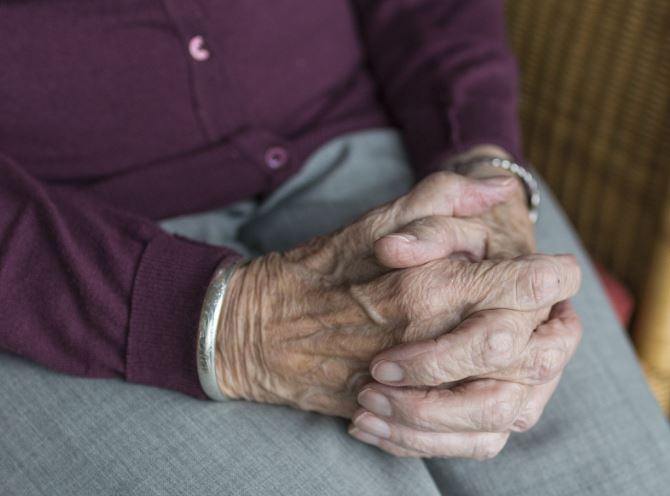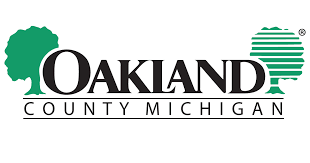
Attorney General Joins Coalition to Protect Seniors’ Homes

Media Contact: Ryan Jarvi FOR IMMEDIATE RELEASE: Attorney General Nessel Joins Coalition Calling on Federal Government to Protect Seniors’ Homes During Coronavirus PandemicCoalition Asks HUD to Take Immediate Action to Ensure that Senior Citizens with Reverse Mortgages Will Not Be at Risk of Foreclosure Due to COVID-19 Crisis LANSING – Michigan Attorney General Dana Nessel recently joined a bi-partisan coalition of 26 attorneys general in calling on the U.S. Department of Housing and Urban Development (HUD) to take immediate action to protect senior citizens from homelessness as a result of the coronavirus disease 2019 (COVID-19) pandemic. In a letter to HUD Secretary Ben Carson, sent Friday, the coalition recommends specific actions that can help ensure senior citizens with reverse mortgages do not lose their homes to foreclosure due to the current public health crisis. Reverse mortgages in the United States are typically home equity conversion mortgages – for individuals who are at least 62 years old – that are insured by HUD and do not require borrowers to make monthly mortgage payments. Instead, mortgage borrowers pay recurring charges – such as property taxes and homeowner’s insurance – and must keep their homes in good condition to avoid defaulting on their loan. Since HUD insures these loan products, the agency sets the rules that the servicers of these reverse mortgages must follow — enabling it to help homeowners who fall behind on these obligations. “I appreciate the steps the Department of Housing and Urban Development has taken so far to protect homeowners in Michigan and across the country. My colleagues and I, however, are asking HUD to take additional steps to protect those who are at heightened risk during this time,” said Nessel. “The last thing our seniors should have to worry about is the risk of losing their home, that in the midst of this crisis, is the safest place for them to be.” Over the last two months, HUD has taken significant steps to limit reverse mortgage foreclosures as Americans battle COVID-19. While the attorney general applaud HUD’s efforts to implement relief for reverse mortgage borrowers — as included in the federal Coronavirus Aid, Relief, and Economic Security Act (CARES Act) — Friday’s letter outlines additional steps that would bolster the effectiveness of HUD’s existing actions, and would help ensure that seniors with reverse mortgages do not lose their homes because of their inability to pay recurring charges during this crisis. The multi-state coalition is asking HUD to:
Attorney General Nessel joins the |



